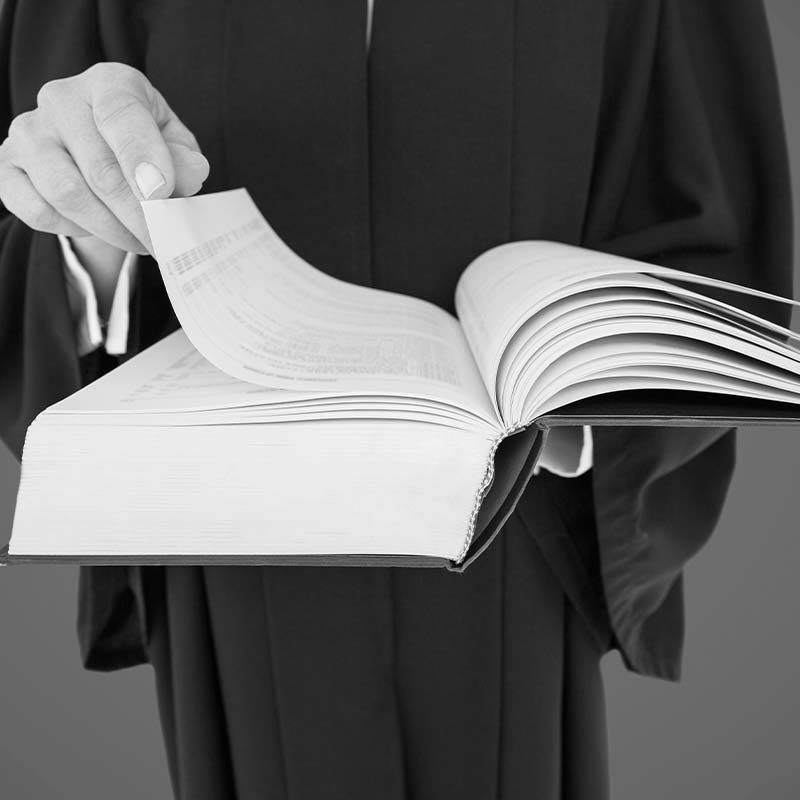What Is Legalese?
Legalese: The specialised language of the legal profession. Merriam-Webster
“In witness whereof the parties hereunto have set their hands to these presents as a deed on the day month and year hereinbefore mentioned.”
Why do some lawyers write in a way that is so difficult to understand?
Why do lawyers seem to write like they are stuck in the 1800s?
Lawyers sometime use language or jargon that is unfamiliar to people outside of their profession. Lawyers can use words that are completely unintelligible because of their technical nature. Or, they sometimes use English words which may have one meaning for lawyers, but may mean something very different to everybody else.
For example:
- The word “discovery” when used by a lawyer is the compulsory process of an opponent providing document to them. But outside of law it is when you find out something for the first time.
- When you ‘execute’ a document for a lawyer, they want you to sign it. Outside of law ‘execute’ means something very different. So why not just say “sign”?
Categories Of Legalese
It seems to me that Lawyers use two types of legalese expressions:
- firstly, technical expressions, such as: expert evidence, or, onus of proof, or, arbitration and conciliation, severability; waiver; party-party costs; recitals; listing for a conference; adverse order as to costs;
or
- Secondly, obscure English words and expressions that people just don’t use in everyday conversation. Here is a short list for you to peruse : wherefore; henceforth; hereof; herewith; termination; annum; dies; hereunto; aforementioned; thereunder; pursuant; inter alia; prima facia; sine die; apropos; etc
Reading a letter from your lawyer should not leave you frustrated or confused.

Why Using Legalese Could Be Bad?
It is very important that your lawyer understands your case, and, it is very important that you understand the advice that your lawyer is giving to you. Clear communication is an essential part of that relationship. If you are not clear as to what your lawyer means then the advice has not been communicated to you: ask for an explanation using different, real-world language.
Secondly, using technical or obscure language can put people off. If you are faced with a letter full of unusual language you are less inclined to trust the process. It may feel like they are trying to hide things behind fancy language.
Lastly, a misunderstanding could have serious consequences.
Why Do Lawyers Use Confusing Words?
Sometimes legalese is very useful: the word or expression may accurately describe the legal concept that the lawyer needs to express.
But does that very accurate expression communicate the concept to somebody unfamiliar with those words?
Lawyers are always trying to be precise and accurate. Legal concepts have developed over years and years. The law is full of unusual expressions that have acquired specific accurate meanings. Lawyers find that the safest way to given accurate advice is to use those legal words and expressions.
Of course, if you understand those expressions then that is fine. The problems happen when that unusual language means the intention or meaning is not actually communicated.
What Do I Do When I Get A Letter Full Of Legalese?
If in your compensation claim you get a letter, email or document from your lawyer that uses legal terms and words that are not clear or are confusing, then ask your lawyer to explain the letter using different words. They won’t be offended.
If you are not comfortable asking your lawyer for clarification then perhaps you need a different lawyer. Most good lawyers love being asked to explain things: that means that everybody is on the same page and there is less risk of things being misunderstood as your case develops.
In future blogs Lian Hall Injury Law will attempt to demystify some of the commonly seen legalese.










